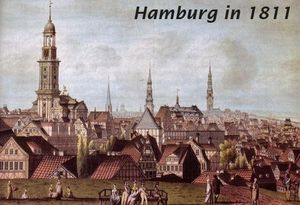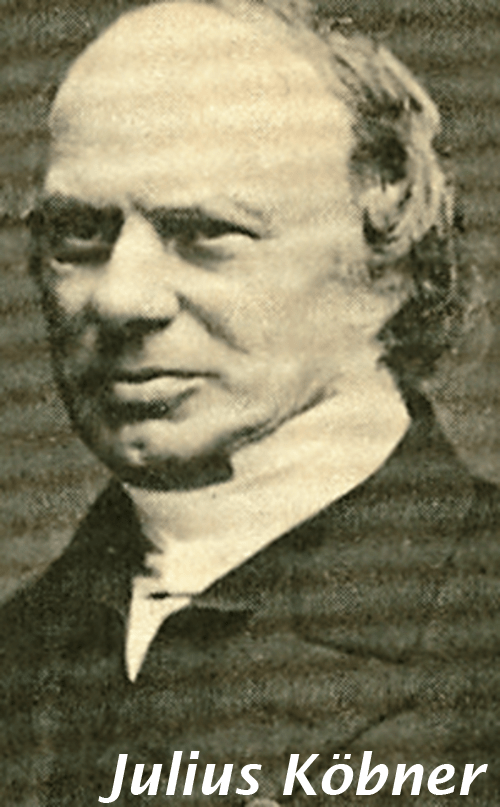Wisdom
Job asks a question still vitally relevant today: ‘But where can wisdom be found? And where is the place of understanding?’ (Job 28:12).
There is no shortage of self-styled prophets, ranging from scientific humanists to the gurus of the New Age movement, ready to provide their misleading answers. Isaiah denounced all such ‘experts’ in his day: ‘Woe to those who are wise in their own eyes, and prudent in their own sight’ (Isaiah 5:21).
At the root of their illusions is their denial, in practice, of the existence or claims of the true God: ‘The fool has said in his heart, there is no God’ (Psalm 14:1).
Denying God’s existence makes fools of people and turns them to the failing resources of their own wisdom. According to Isaiah, all self-spun wisdom warps the mind (Isaiah 47:10). Just as leaving a book in the sun results in its covers and pages bending and becoming discoloured, so the mind seared by hostility to God loses its shape and balance (Romans 8:7).
Futile
Postmodernism is typical of this folly. Absolutes are despised as repressive, and shackling our freedom and development of individuals. ‘Let us break their bonds in pieces and cast away their cords from us’ (Psalm 2:3).
But this is both futile (Psalm 94:11) and demonic (James 3:14-15), and leads to the judgement of God. ‘He who sits in the heavens shall laugh; the Lord shall hold them in derision’ (Psalm 2:4).
To answer Job’s question we must look away from man to the place of true wisdom – the Bible. Scripture is like a prism, with divine light shedding its rays and diffracting through it into an array of doctrinal colours and shades.
Without Scripture’s wisdom we are cast adrift in an ocean of ideas that finally sink into the turbulent waves of absurdity. The foundation and commencement of biblical wisdom begins with the knowledge and fear of God (Proverbs 9:10). Such wisdom comes through knowing Christ as Lord and Saviour, for Christ becomes to us the wisdom from God (1 Corinthians 1:30).
During his incarnate ministry the Lord was the fountain of wisdom and knowledge, as demonstrated by his dealings with the Pharisees (Mark 11:27-33), clashes with Satan (Matthew 4:1-11), and conversation with the Samaritan woman at the well (John 4).
Manifold
God’s wisdom shines most brightly in the salvation accomplished by Christ. Paul says that that wisdom is ‘manifold’ (Ephesians 3:10), in other words, has a great number of facets.
Our minds cannot plumb the depths of the immeasurable wisdom of God in salvation (Romans 11:33-34). Consider the involvement of the Trinity, as the Father planned redemption (Psalm 2:7-9; Acts 2:23), the Son executed it (Ephesians 5:1, 25), and the Spirit now applies it (John 3:5-6).
Christ’s role is the climax of divine wisdom. Consider the union of divine and human natures in his one person (Matthew 1:23; Romans 1:3-4). Christ had no mother in heaven and no biological father on earth. And this was so that he could die for sinners as a penal substitute at Calvary.
‘Mysterious is the wisdom of God to unite finite and infinite; almightiness and weakness; immortality and mortality; immutability with a thing subject to change; to have a nature from eternity, and yet a nature subject to the revolutions of time; a nature to make a law and a nature to be subjected to the law’ (Stephen Charnock).
Attainable
‘All the treasures of wisdom and knowledge are hidden in Christ’ (Colossians 2:3). They are deposited in his Word; and diligence and deep desire are required in his disciples to mine them.
‘My son, if you receive my words and treasure my commands within you … Yes, if you cry out for discernment, and lift up your voice for understanding, if you seek her as sliver, and search for her as for hidden treasures; then you will understand the fear of the Lord, and find the knowledge of God. For the Lord gives wisdom … ‘ (Proverbs 2:1-6).
Our world is in desperate need of a lucid display of true wisdom. Its ‘wisdom’ must not be permitted to warp our minds and conduct, but rather biblical wisdom should be applied in, and demonstrated through, us, as we follow Christ.
David Whitworth












